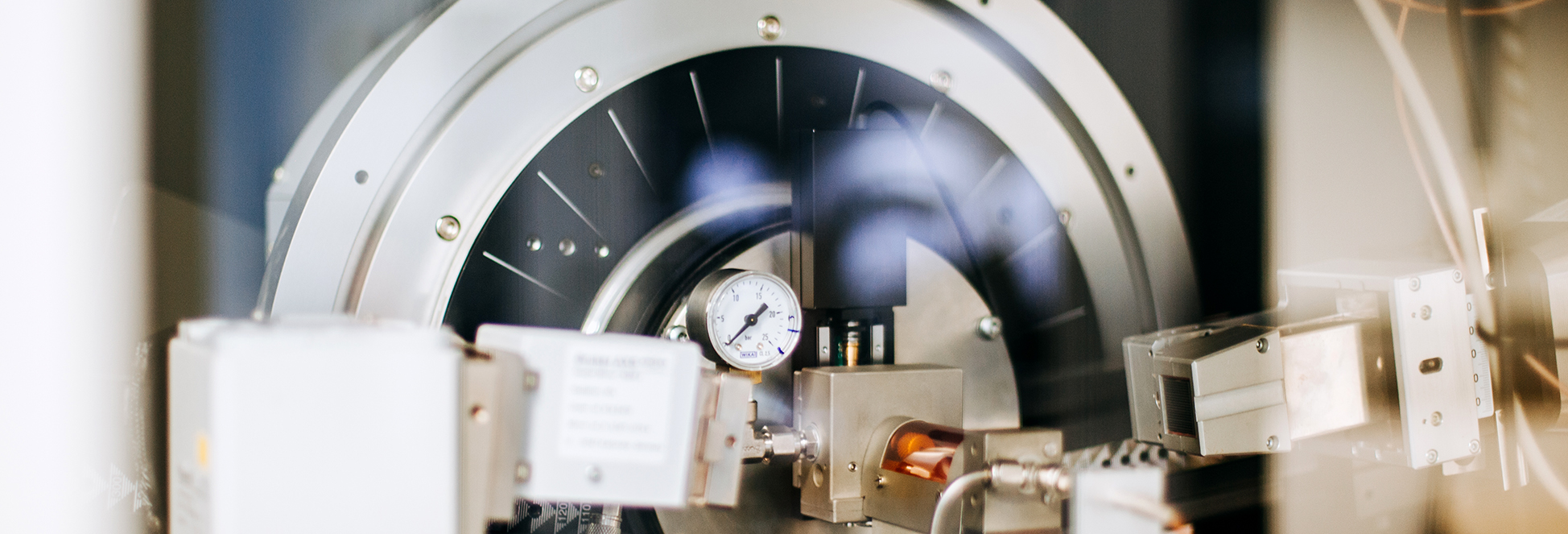
The process modelling and optimisation group specialises in using computer simulations to study industrial processes, unit operations, process optimisation, process network and scheduling problems. The research is focused on two overlapping fields. The development of fundamental process unit operation models specialising in multi-component, multiphase models with complex elementary chemical kinetics which can be overlaid with Maxwell Stefan mass and heat transfer, and combined with one dimensional, distributed or transient operations. These models can be combined within a flow sheet. The development of heat and mass exchange networks, supply chain optimisation for resource conservation, alternative energy integrated flowsheet optimisation with environmental constraints, all within a single general algebraic modelling system (GAMS).
General topics of research that are studied using these tool are: gas to liquids technology using high conversion Fischer-Tropsch, hydrocracking and oligomerisation; methane to methanol direct conversion; air separation technology; conversion of alcohols to distillates; conversion of plastic to diesel; conversion of regolith using fluorine; Carbon black process; catalyst design incorporating heat and mass transfer limitations; beer bottle pasteurisation; greenhouse analysis; iron reduction using alternative reduction materials; multiperiod heat and mass exchange network synthesis; solar thermal integrated combined heat and mass exchange networks; bioethanol and biogas supply chain network optimisation; regional heat demand network optimisation integrated with renewable energy.